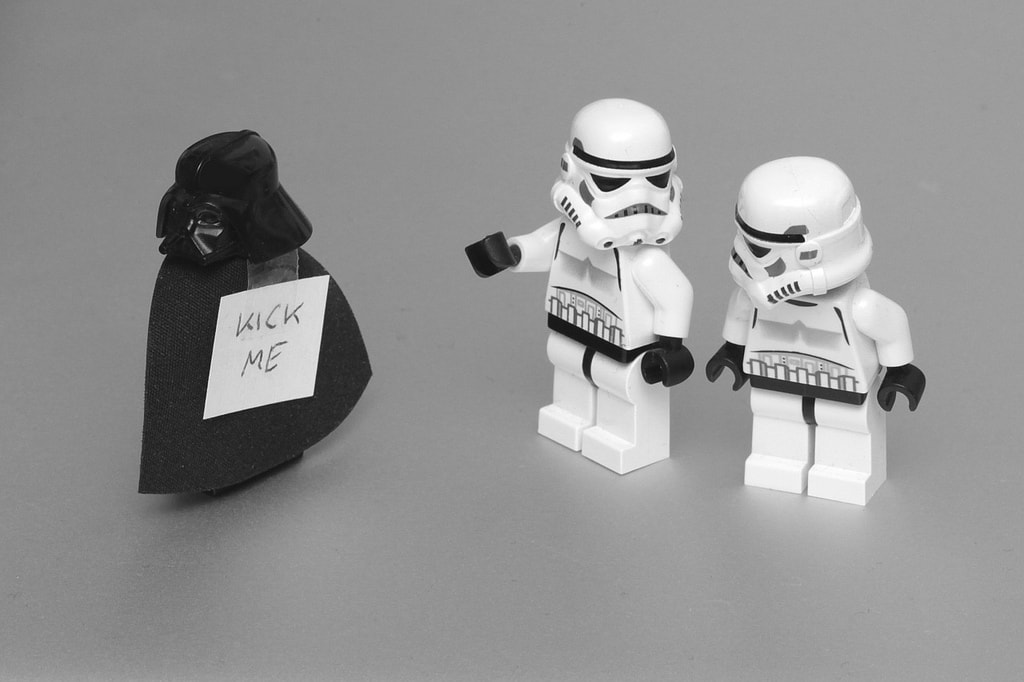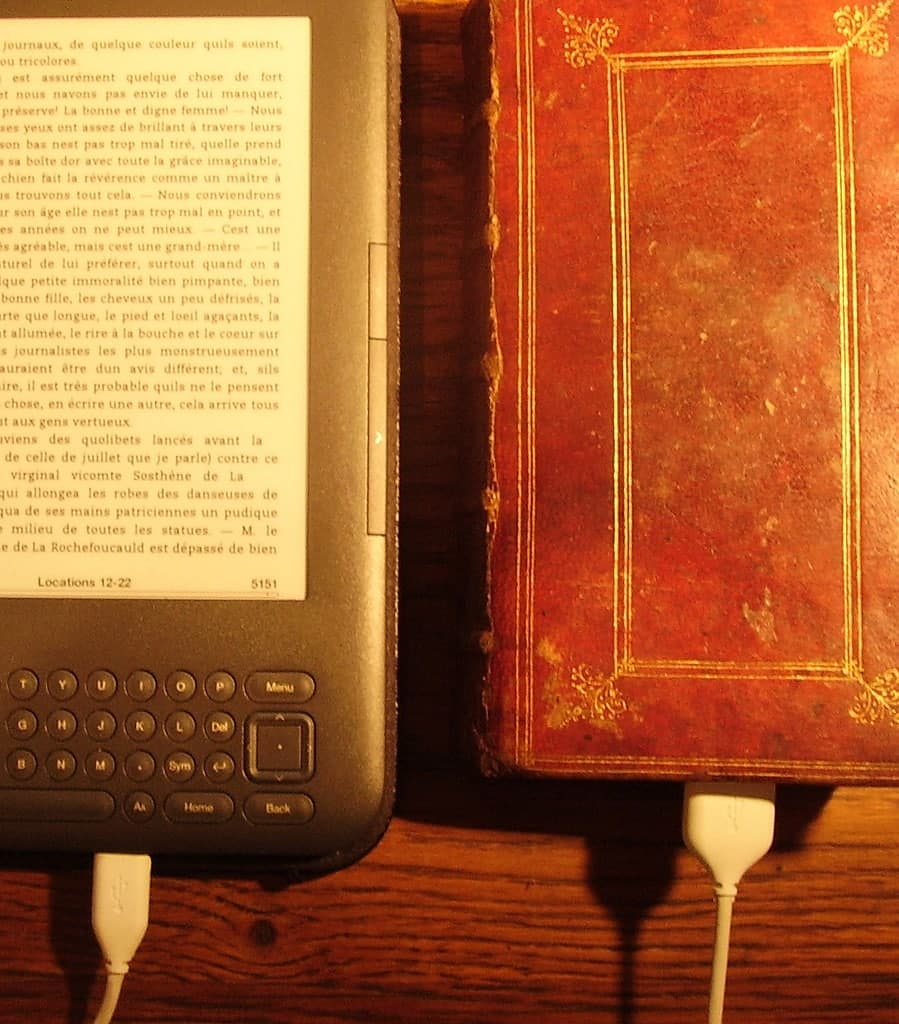HarperCollins Missed an Opportunity With the "Watchman" Excerpt

 Harper Lee’s Go Set a Watchman is due to hit store shelves next week. This is one of the more anticipated releases of the year. The publishers ( HarperCollins in the US and Penguin Random House in the UK) should be doing everything they can to generate as much attention as possible and to capture as much value from the launch as they can, but unfortunately they have passed up a great opportunity to connect with readers.
Harper Lee’s Go Set a Watchman is due to hit store shelves next week. This is one of the more anticipated releases of the year. The publishers ( HarperCollins in the US and Penguin Random House in the UK) should be doing everything they can to generate as much attention as possible and to capture as much value from the launch as they can, but unfortunately they have passed up a great opportunity to connect with readers.
The publishers have signed deals with the Guardian and the WSJ for the papers to publish excerpts from the book on Friday. The first chapter is going to be available on the papers' websites and the WSJ will publish it in the Arean section of Friday’s paper.
Mike Shatzkin pointed out earlier today that this was a mistake on the part of the publishers. He’s right:
Just think about what the publishers are giving up by doing these deals. All that traffic and a slew of Google-juicing inbound links could have been coming to their site. Competitors to the Guardian and WSJ, who will probably be reluctant to drive up traffic at a rival, might not link to it, but almost certainly would have if the excerpt were on a book publisher’s or author’s site. The publishers have given up the potential to get email names — perhaps hundreds of thousands of them or more — in exchange for the privilege of reading a bit beyond the first chapter or some other perk. The publisher hosting the content could aggressively upsell the book or ebook, and be driving traffic to their retailer partners, which gets them both goodwill and affiliate revenue. (How far would that affiliate revenue go toward covering any licensing fee they collected?)
I’m not convinced that HarperCollins could build a site which could handle the load, but I do agree that this was a missed marketing opportunity. And yes, the excerpt is going to be available in the major ebookstores (on launch day), but the publishers could still have gained from hosting it themselves before the book is released.
Just the chance to collect email addresses would have made this worthwhile doe one simple reason: email lists are still one of the best ways to sell stuff. What with Facebook playing games with updates and the impermanence of tweets, email addresses belonging folks who had elected to read the second chapter would have been valuable leads to future sales.
This is a mistake other publishers and authors should avoid if at all possible.
image by pasukaru76


Comments
Will Entrekin July 9, 2015 um 10:04 am
It actually makes a lot of sense, and is a lot smarter than Mike realizes. As you note, HarperCollins likely doesn’t have the expertise or bandwidth to handle such a site build-out, or to host an excerpt on their own site. Easy way to solve that? When one of the sister companies also owned by your corporation has that infrastructure, and might benefit from the exposure in terms of traffic, advertising views, and new subscribers. Doesn’t the WSJ site have a paywall?
This seems like the ole' corporate synergy at its finest. Sure, the corporate publisher doesn’t get a great deal out of the deal, but they don’t care because they’re going to likely sell a ton of books. And NewsCorp is happy because it’s definitely going to profit, and they were probably able to bake first serial rights into the original publishing contract.
Nate Hoffelder July 10, 2015 um 7:24 am
Okay, I went and looked it over the sample.
The WSJ posted the chapter as one long scroll. It’s not a very good reading experience and the WSJ doesn’t collect any info. There is certainly room for improvement.
While you are right on every point about corporate synergy and that HC’s website probably could not handle the load, Mike still had a point in what HC could have gained from handling this on their own.